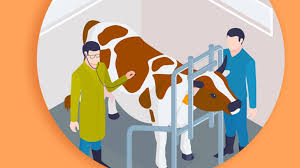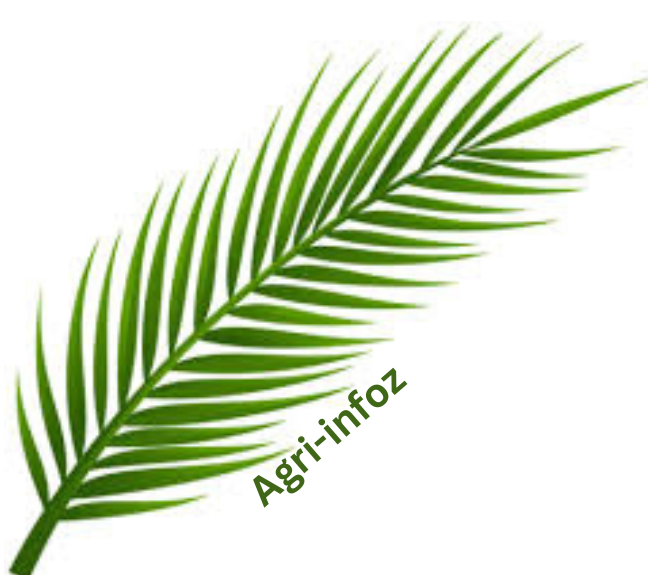


Guardian of Health: The Importance of Veterinary Care in Animal Husbandry
In the intricate tapestry of animal husbandry, veterinary care stands as a vital cornerstone, ensuring the health, welfare, and productivity of livestock. Veterinary professionals play a crucial role in safeguarding animal well-being, diagnosing and treating illnesses, and providing guidance on preventive health measures. From routine check-ups to emergency interventions, veterinary care encompasses a wide range of services aimed at promoting the physical and mental health of animals under human stewardship. In this comprehensive exploration, we delve into the significance of veterinary care in animal husbandry and its profound impact on the sustainability and resilience of agricultural enterprises.
Read more related: Animal Welfare Standards in Farming
Safeguarding Animal Health and Welfare
Veterinary care is essential for safeguarding the health and welfare of animals throughout their lives. Veterinary professionals possess the expertise to conduct comprehensive health assessments, diagnose diseases, and develop tailored treatment plans to address individual animals’ needs. Regular veterinary examinations enable early detection of health issues, allowing for prompt intervention and preventive measures to minimize suffering and ensure optimal outcomes for animals.
Disease Prevention and Control
Preventive veterinary care plays a critical role in disease prevention and control within livestock populations. Veterinarians advise on vaccination protocols, parasite control measures, and biosecurity practices to minimize the risk of infectious diseases spreading among animals. By implementing proactive health management strategies, farmers can reduce the incidence of diseases, enhance herd or flock resilience, and mitigate the economic losses associated with illness outbreaks.
Reproductive Management and Fertility
Veterinary expertise is indispensable in optimizing reproductive performance and fertility in livestock. Veterinarians provide guidance on breeding strategies, reproductive health monitoring, and fertility enhancement techniques to maximize reproductive efficiency and genetic progress within herds and flocks. Timely intervention by veterinary professionals can address reproductive disorders, manage breeding programs, and ensure the success of artificial insemination or embryo transfer procedures.
Nutritional Management and Diet Optimization
Veterinary care extends to nutritional management and diet optimization to support animals’ growth, development, and overall well-being. Veterinarians collaborate with nutritionists and farm managers to formulate balanced diets tailored to animals’ nutritional requirements and production goals. By ensuring optimal nutrition, veterinarians contribute to animals’ immune function, disease resistance, and reproductive success, ultimately enhancing farm productivity and profitability.
Emergency and Critical Care
Veterinary professionals are on the front lines of emergency and critical care situations, providing life-saving interventions and compassionate support to animals in distress. Whether responding to traumatic injuries, metabolic disorders, or infectious diseases, veterinarians possess the skills and resources to deliver timely and effective treatments. Emergency veterinary care is essential for minimizing pain and suffering, preserving animal welfare, and safeguarding farm livelihoods.
Collaborative Approach to Animal Health
Effective veterinary care in animal husbandry requires a collaborative approach involving veterinarians, farmers, farm workers, and other stakeholders. By fostering partnerships and communication channels between veterinary professionals and agricultural producers, the exchange of knowledge, expertise, and best practices is facilitated. Together, veterinarians and farmers work towards common goals of promoting animal health, ensuring food safety, and upholding ethical standards in animal husbandry practices.
Conclusion
In the complex and interconnected world of animal husbandry, veterinary care emerges as a linchpin for sustainable and ethical farming practices. By prioritizing animal health and welfare, veterinarians contribute to the resilience, productivity, and integrity of agricultural enterprises. Through preventive measures, diagnostic interventions, and compassionate care, veterinary professionals uphold the highest standards of animal welfare while supporting the livelihoods of farmers and the sustainability of the food supply chain.



